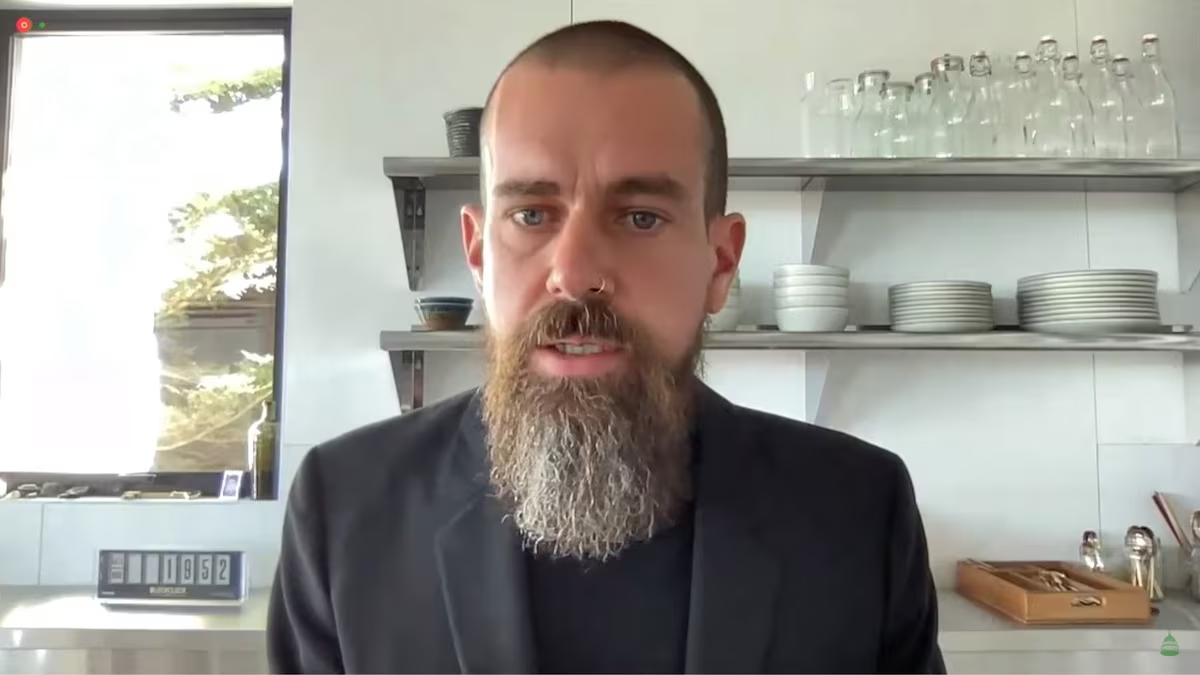OpenAI has quietly pulled the plug on a controversial ChatGPT feature that allowed users to make their conversations searchable on Google. The move comes after mounting privacy concerns and reports of sensitive information appearing in search results.

The Short-Lived Experiment That Went Wrong
What started as a “short-lived experiment” to help users discover useful conversations quickly turned into a privacy nightmare. The feature, which required users to opt-in by checking a “Make this chat discoverable” checkbox, allowed search engines like Google to index shared ChatGPT conversations.
OpenAI’s Chief Information Security Officer, Dane Stuckey, announced the shutdown on Thursday via X (formerly Twitter). By Friday morning, the feature was completely disabled. The company has also begun working with search engines to remove previously indexed content from their databases.
“This was a short-lived experiment to help people discover useful conversations,” Stuckey explained. “This feature required users to opt-in, first by picking a chat to share, then by clicking a checkbox for it to be shared with search engines.”
Privacy Nightmare Unfolds
The reality of this feature proved far more problematic than OpenAI anticipated. Users who thought they were simply sharing private links discovered their conversations were becoming publicly searchable through Google and other search engines.
Investigators uncovered alarming examples of what was being inadvertently shared. Henk van Ess, an expert in online research methods, found over 500 shared chats containing sensitive information. These included criminal confessions, corporate secrets, insider trading admissions, and even cyberattack plans.
The scope of exposed information was staggering. Users had shared resumes, job applications, mental health discussions, medical questions, internal job applicant evaluations, and proprietary software code. Many users treated ChatGPT like a private therapist or confidant, never realizing their conversations could become public.
User Interface Confusion
A significant part of the problem stemmed from confusing user interface design. Many users didn’t understand what the “discoverable” checkbox actually meant. Some thought it was necessary to create a shareable link, while others clicked it accidentally.
The feature’s wording failed to clearly communicate that checking the box would make conversations searchable on Google. Users expected their shared links to remain private unless explicitly distributed to specific people.
“The magic of tools like ChatGPT lies in how they create the illusion of a conversation,” noted Eric Hal Schwartz from TechRadar. “But if you forget that it is still an illusion, you might not notice risks like buttons that send your digital heart-to-heart straight to Google.”
Search Engine Mechanics

Google clarified its role in the controversy, emphasizing that search engines don’t control what content becomes public online. “Neither Google nor any other search engine controls what pages are made public on the web,” a Google spokesperson told TechCrunch. “Publishers of these pages have full control over whether search engines index them.”
This explanation highlights a crucial distinction: while Google’s algorithms determine what content appears in search results, they don’t control what gets indexed in the first place. That responsibility lies entirely with content publishers in this case, OpenAI and its users.
The Cleanup Effort
OpenAI has launched a comprehensive effort to address the privacy breach. The company is actively working with major search engines including Google, Bing, and DuckDuckGo to de-index previously shared conversations.
However, the internet has a long memory. Some content may linger in search results for weeks or months, even after deletion requests. Search crawlers often cache information, making complete removal challenging.
“Ultimately, we think this feature introduced too many opportunities for folks to accidentally share things they didn’t intend to, so we’re removing the option,” Stuckey stated. “We’re also working to remove indexed content from the relevant search engines.”
Broader Implications for AI Privacy
This incident raises fundamental questions about user privacy in the age of AI assistants. People increasingly treat chatbots like confidential advisors, sharing intimate details about their lives, work, and relationships.
The ChatGPT discovery feature debacle demonstrates how quickly privacy expectations can be violated when users don’t fully understand the implications of their actions. It also highlights the responsibility AI companies have to design clear, unambiguous user interfaces.
“Security and privacy are paramount for us, and we’ll keep working to maximally reflect that in our products and features,” Stuckey emphasized in his announcement.
Learning from Digital Exposure
The rapid shutdown of this feature reflects OpenAI’s recognition that user trust is paramount. However, the damage may already be done for some users whose sensitive information was exposed during the feature’s brief existence.
This situation serves as a cautionary tale about the importance of understanding privacy settings in AI tools. Users must remain vigilant about what information they share and how sharing features actually work.
The incident also underscores the need for AI companies to prioritize clear communication about privacy implications. When users don’t understand the consequences of their actions, even opt-in features can become privacy violations.
Moving Forward
OpenAI’s quick response to disable the feature and work on content removal demonstrates the company’s commitment to addressing privacy concerns. However, this incident will likely influence how the company approaches similar features in the future.
The controversy highlights the delicate balance between useful functionality and user privacy. While the ability to discover helpful conversations could benefit the broader ChatGPT community, the risks of accidental exposure proved too significant.
For users, this serves as a reminder to carefully review privacy settings and understand the implications of sharing features. The illusion of private conversation with AI assistants can be dangerous if users forget they’re interacting with a public platform.
Industry-Wide Impact
This incident may influence how other AI companies approach chat sharing features. The privacy concerns raised by OpenAI’s experiment could lead to more conservative approaches to public content discovery across the industry.
The controversy also demonstrates the importance of thorough user testing and clear communication when implementing features that could impact privacy. What seems obvious to developers may not be clear to everyday users.
As AI assistants become more integrated into daily life, incidents like this will likely shape industry standards for privacy protection and user consent. The balance between innovation and privacy protection remains a critical challenge for AI companies.
Conclusion

OpenAI’s withdrawal of the chat discovery feature represents a significant moment in AI privacy protection. While the company’s quick response is commendable, the incident reveals the ongoing challenges of balancing useful features with user privacy.
The controversy serves as a wake-up call for both AI companies and users about the importance of clear privacy communication and careful consideration of sharing features. As AI tools become more sophisticated and integrated into our lives, protecting user privacy must remain a top priority.
The lesson is clear: in the age of AI, privacy by design isn’t just good practice it’s essential for maintaining user trust and preventing potentially devastating exposure of sensitive information.









Comments 2